Understanding dashboard warning lights in your Ford Tourneo is essential for safe driving and preventing costly repairs. These lights alert you to potential issues with the vehicle’s systems, helping you respond quickly to maintain performance and avoid breakdowns. By knowing what each light means, you can take timely action to ensure your safety and the longevity of your vehicle.
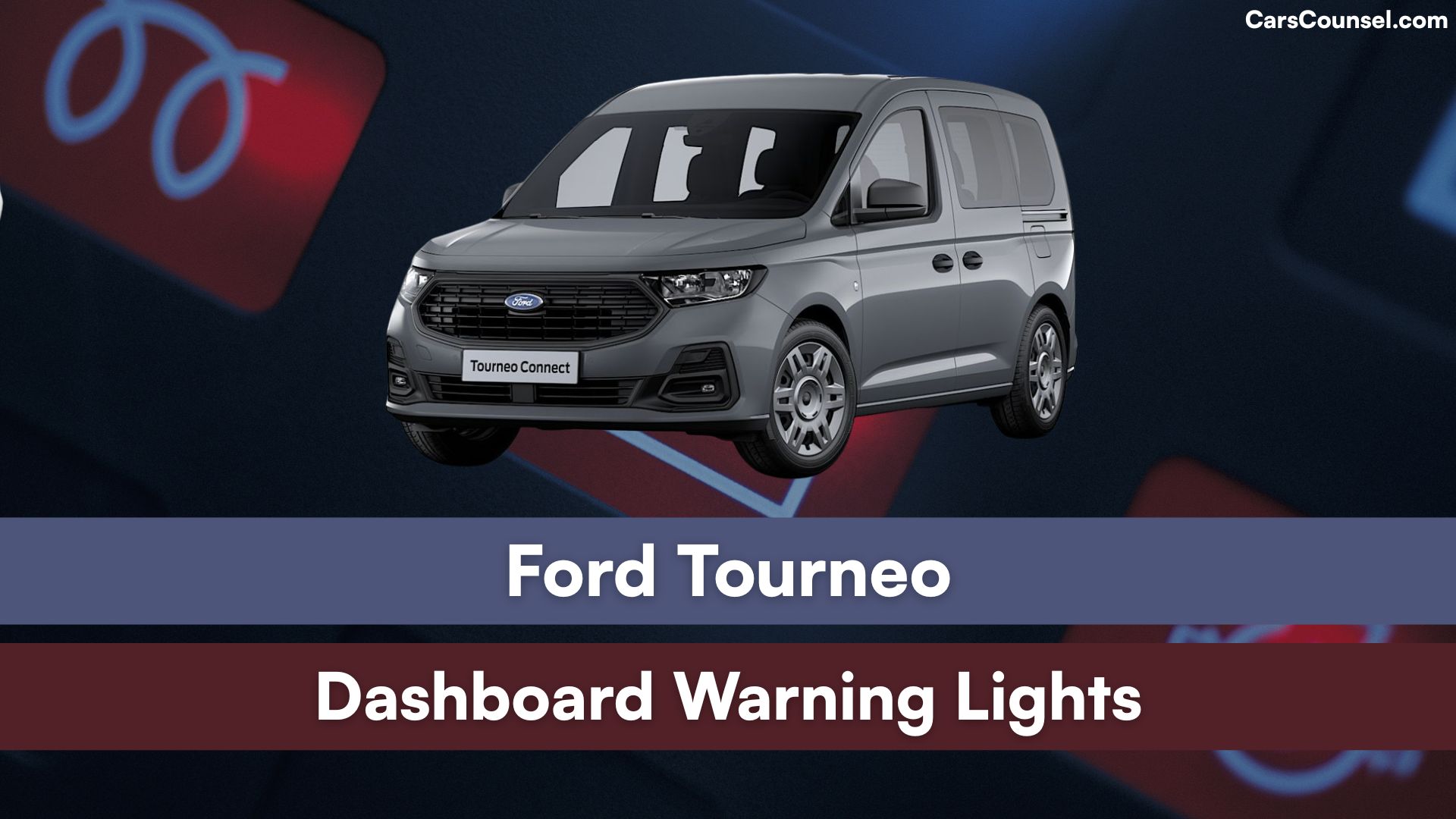
Quick Navigation
Red Warning Lights (Stop Immediately)
These lights signal serious problems that could lead to vehicle damage or safety risks. Pull over safely right away and seek professional help.
Brake System Alert
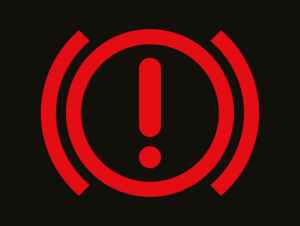
Low brake fluid or a failure in the braking system. Stop driving, check for leaks, and call a mechanic to avoid accidents.
Engine Oil Pressure
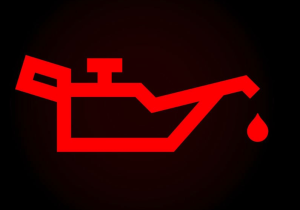
Low oil level or pressure issues causing engine strain. Stop the vehicle, check oil, and add if needed; do not drive until fixed to prevent engine damage.
Battery Charging System
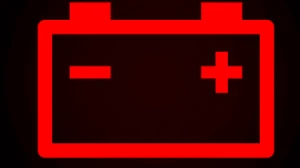
Battery not charging due to alternator or wiring problems. Pull over soon as the car may stop running; get it checked at a service center.
Airbag System

Fault in airbags or seatbelt tensioners. Stop and have it inspected immediately, as it may fail in a crash.
Engine Coolant Temperature
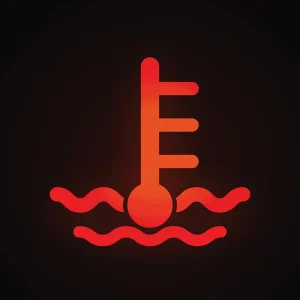
Engine overheating from low coolant or cooling system failure. Stop, let it cool, and add coolant; visit a mechanic to avoid engine harm.
Power Steering Failure
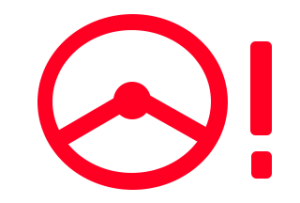
Loss of power steering assistance, making steering hard. Pull over safely and contact service, as driving is dangerous.
Seatbelt Reminder
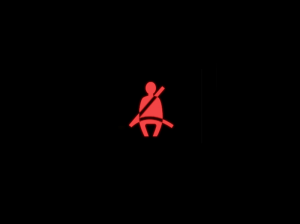
Seatbelts not fastened for driver or passengers. Stop and buckle up everyone before continuing to ensure safety in case of a crash.
Door Ajar
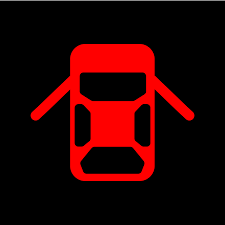
A door, hood, or trunk is not fully closed. Stop to secure it properly to prevent accidents or theft.
Transmission Overheat
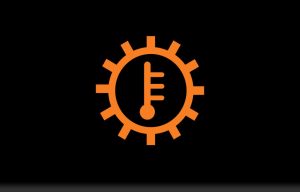
Transmission fluid too hot from heavy use or low levels. Stop and let it cool; check fluid and seek repairs if needed.
Low Brake Fluid
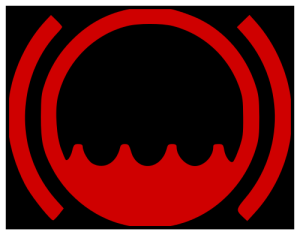
Brake fluid level is critically low. Pull over, top up fluid if possible, and get professional help to fix any leaks.
Oil Temperature High
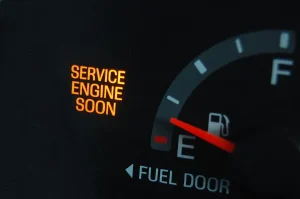
Engine oil is overheating, risking damage. Stop immediately, allow cooling, and have the system checked.
Master Warning
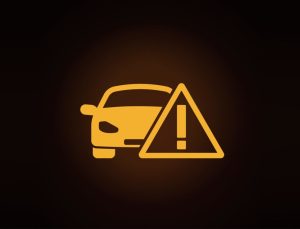
General severe fault detected. Pull over and consult the manual or dealer for diagnosis.
Overheat Alert
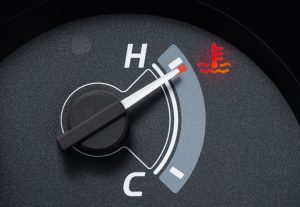
Vehicle systems overheating broadly. Stop safely, turn off engine, and seek assistance to prevent breakdowns.
Yellow/Amber Warning Lights (Action Required Soon)
These indicate issues that need attention to avoid worsening problems. Drive carefully and schedule a check-up promptly.
Anti-Lock Brake System (ABS)
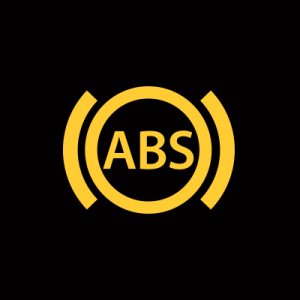
ABS not working, so brakes may lock during hard stops. Get it serviced soon, but normal braking still functions.
Check Engine
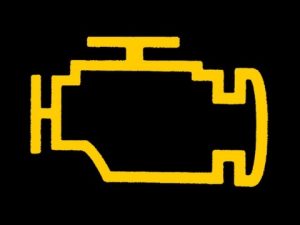
Engine or emissions issue, like a faulty sensor. Have it scanned at a service center soon to prevent further damage.
Tire Pressure Monitoring
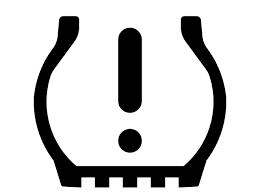
One or more tires have low pressure. Check and inflate tires; monitor for leaks and fix as needed.
Electronic Stability Program (ESP)
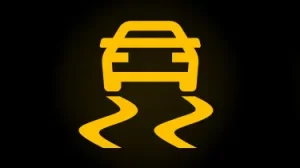
Stability control system fault. Drive cautiously on slippery roads and get it repaired.
Glow Plug (Diesel Models)
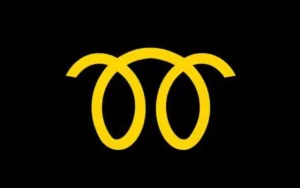
Glow plugs heating for engine start. Wait for it to go off before starting; if it stays on, check for faults.
Diesel Particulate Filter (DPF)
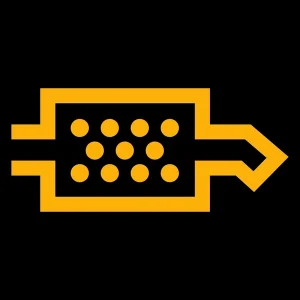
Filter clogged with soot. Drive at higher speeds to clean it or visit a service center for regeneration.
Traction Control
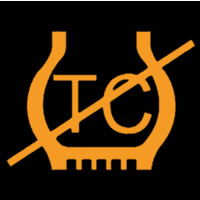
System off or malfunctioning. Turn it back on if possible; service if it persists for better grip on roads.
Low Fuel Level
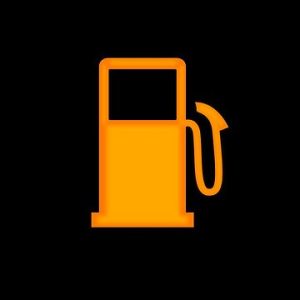
Fuel tank nearly empty. Refuel soon to avoid running out and stranding.
Brake Pad Wear
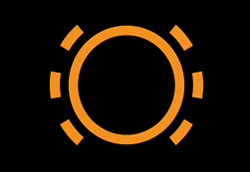
Brake pads are thin and need replacement. Arrange for new pads soon to maintain stopping power.
Transmission Fault
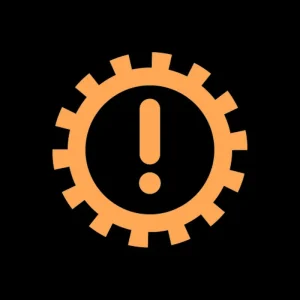
Issue with gears or fluid. Drive gently and have it checked to avoid transmission damage.
Lane Departure Warning
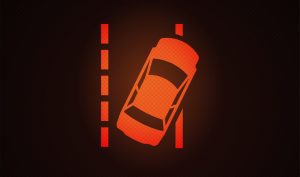
System detects drifting from lane. Adjust driving; if it stays on, service the sensors.
Blind Spot Monitor
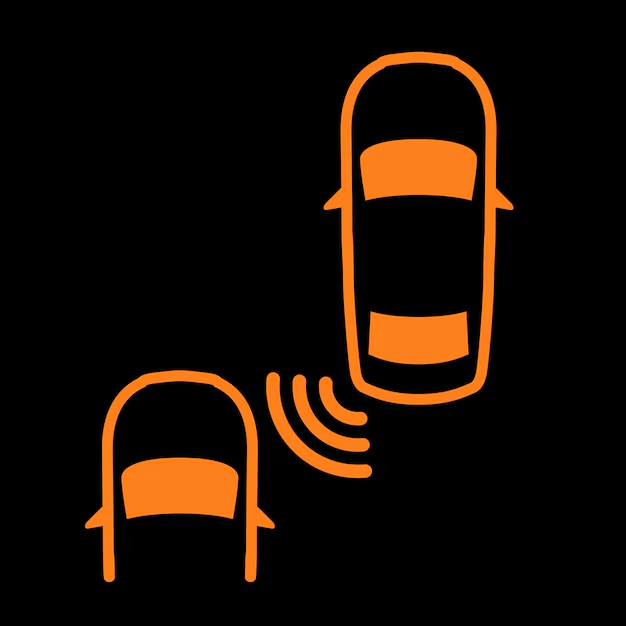
Fault in blind spot detection. Be extra careful changing lanes and have it fixed.
Rear Cross-Traffic Alert
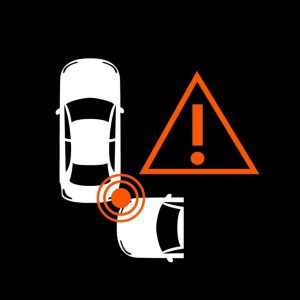
Issue with rear sensors. Use mirrors more and get it repaired for safer reversing.
Green Warning Lights (Information Only)
These show active systems or normal operations. No action is needed unless they behave unusually.
High Beam On

High beam headlights are active. Switch to low beams when approaching other vehicles to avoid blinding them.
Turn Signals
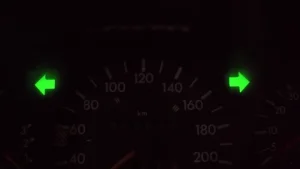
Direction indicators are flashing. They confirm your signal is on; turns off after use.
Cruise Control Active
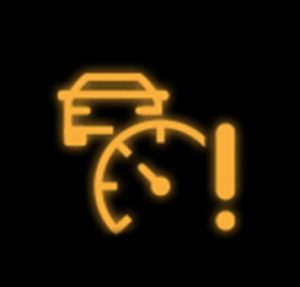
Cruise control is set and maintaining speed. Adjust as needed for traffic conditions.
Eco Mode Engaged
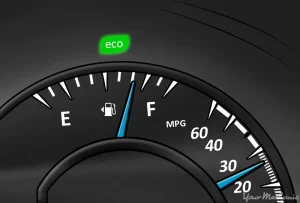
Eco driving mode is on for better fuel efficiency. Continue driving smoothly.
Front Fog Lights

Fog lights are switched on for better visibility in bad weather. Turn off when not needed.
Auto High Beam
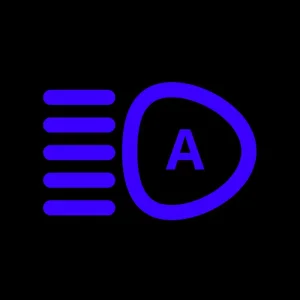
Automatic high beam system is active, adjusting lights based on conditions. Override manually if preferred.
Normal Drive Mode
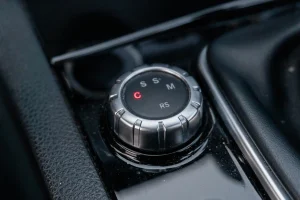
Vehicle in standard driving mode with default settings. No changes required.
Grade Assist
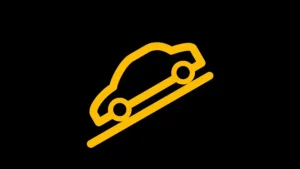
Hill descent or ascent assist is on. Helps control speed on slopes.
Overdrive Off

Overdrive disabled for better control, like towing. Reactivate for normal driving.
Exterior Lights On

Headlights or parking lights are active. Turn off when parked to save battery.
Auto Hold
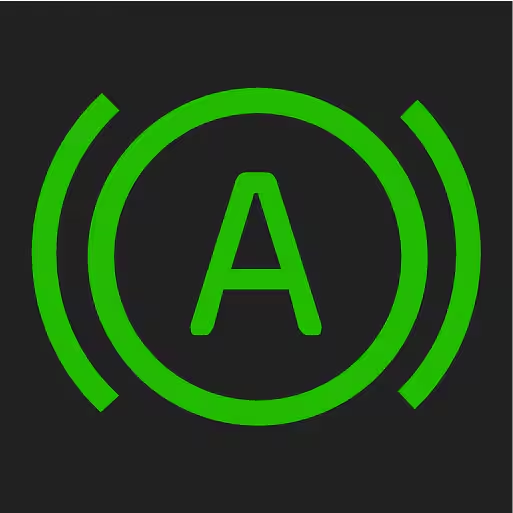
Brake hold feature is engaged, keeping vehicle stopped. Release by pressing accelerator.
Message Indicator
New vehicle message available. Check the display for info, no urgent action.
Four-Wheel Drive Active
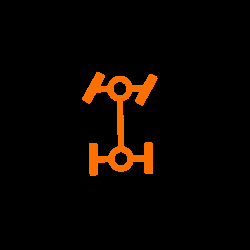
4WD system is on for better traction. Switch off on dry roads to save fuel.
When looking at Ford, make sure to check out our guides on models like the Ford Transit, Ford Fiesta, Ford Focus, and Ford Mondeo. Understanding dashboard warning lights is essential. Our expert reviews break down what each light means, highlighting common alerts for these models and what they could signal about underlying issues, so you’re never left guessing behind the wheel.

